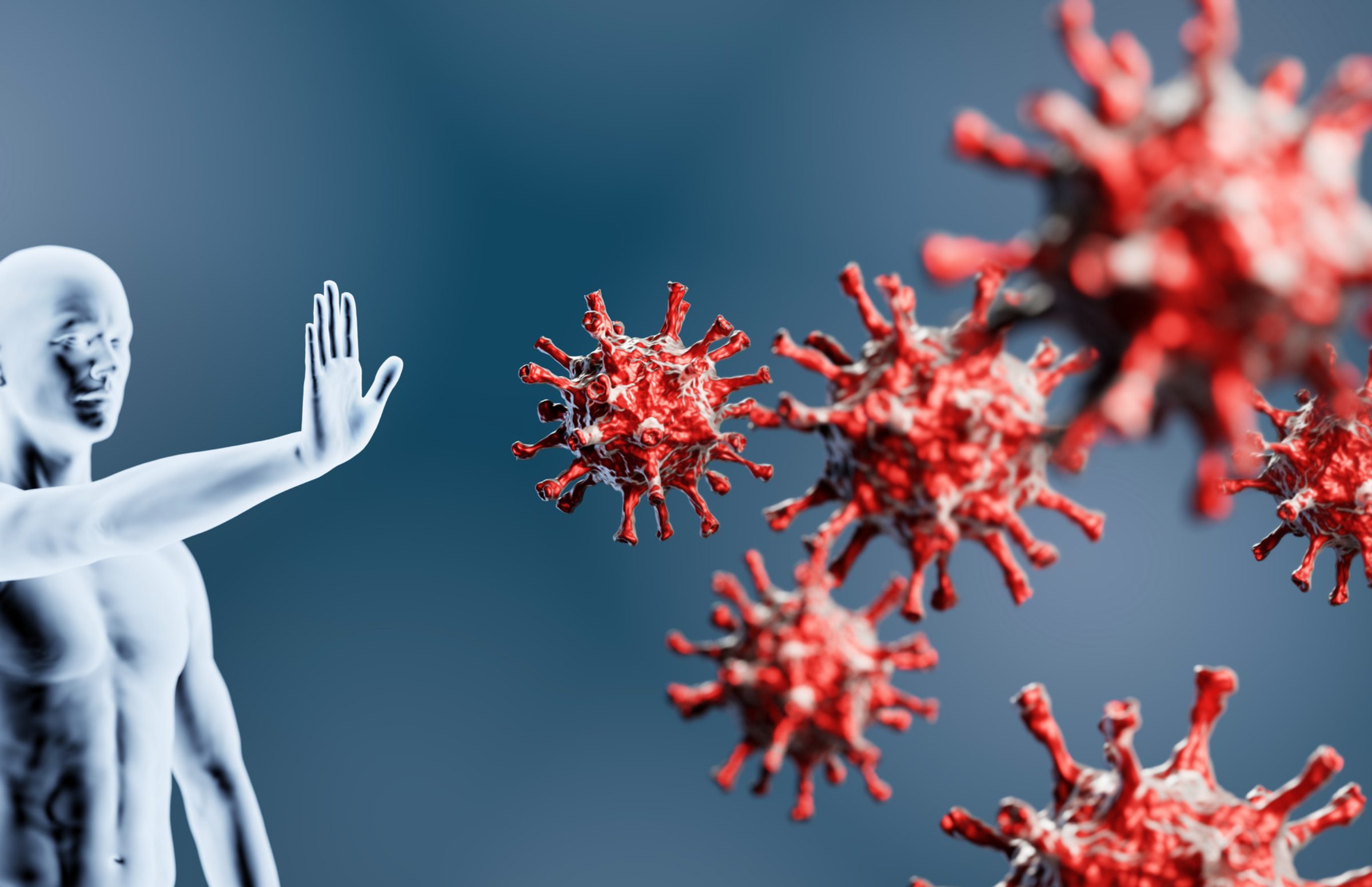The Immune System’s Role in the Body
The immune system is a complex network of cells, tissues, and organs that work together to protect the body from harmful pathogens, such as bacteria, viruses, and parasites. Its primary function is to recognise and eliminate foreign invaders while maintaining a delicate balance to prevent immune-related disorders.
Aging and the Immune System
As individuals age, the immune system undergoes changes known as immunosenescence. This natural decline in immune function is characterised by alterations in immune cell populations, decreased response to vaccinations, and reduced ability to fight infections. These changes contribute to the increased susceptibility of older adults to infectious diseases and the decreased efficacy of vaccines in this population.
Impact of Immune Function on Longevity
Studies have demonstrated a strong association between immune function and longevity. Individuals with healthier immune systems tend to live longer and have a reduced risk of developing age-related diseases, such as cardiovascular disease, cancer, and neurodegenerative disorders. A robust immune system can effectively recognise and eliminate abnormal cells, suppress chronic inflammation, and promote tissue repair and regeneration.
Inflammation and Ageing
Chronic low-grade inflammation, often referred to as inflammaging, is a hallmark of aging and is closely intertwined with immune function. Persistent inflammation contributes to the development of age-related diseases and accelerates the ageing process. Conversely, a balanced and well-regulated immune system can help mitigate chronic inflammation, promoting healthy ageing and longevity.
Lifestyle Factors Affecting Immune Health
Several lifestyle factors influence immune function and can impact longevity. Adequate nutrition, regular exercise, sufficient sleep, stress management, and avoiding harmful habits such as smoking and excessive alcohol consumption play vital roles in maintaining a healthy immune system. Proper nutrition, including a diet rich in fruits, vegetables, and whole grains, provides essential nutrients that support immune cell function and optimise immune responses.
Immunomodulatory Interventions for Longevity
Emerging research is exploring the potential of immunomodulatory interventions to promote longevity. Caloric restriction and intermittent fasting have been shown to enhance immune function and extend lifespan in various organisms. Additionally, interventions targeting specific immune pathways, such as senolytic therapies to eliminate senescent cells or boosting the production of certain immune cells, are being investigated for their potential to improve immune function and promote healthy aging.
Immunosenescence and Vaccine Development
Immunosenescence poses challenges for vaccine efficacy in older adults. Vaccines that specifically target the aging immune system, such as high-dose influenza vaccines, have shown promise in improving vaccine response in older individuals. Advancements in vaccine development, including the use of adjuvants and novel delivery systems, aim to enhance immune responses in the elderly and protect against infectious diseases.
NMN (Nicotinamide Mononucleotide) supplements have gained attention for their potential benefits to the immune system. Here is a short summary of why NMN supplements are considered beneficial in supporting immune function:
NAD+ Production
NMN is a precursor to NAD+ (Nicotinamide Adenine Dinucleotide), a coenzyme found in every cell of our body. NAD+ plays a crucial role in cellular energy production and maintaining overall cellular health. By increasing NAD+ levels, NMN supplementation supports the optimal functioning of immune cells, enabling them to respond effectively to pathogens and foreign invaders.
Immune Cell Activation
The immune system relies on the proper activation and functioning of immune cells, such as T-cells and macrophages, to identify and eliminate pathogens. NAD+ is involved in regulating immune cell activation and enhancing their ability to mount a robust immune response. NMN supplements can potentially enhance this activation process, aiding in the efficient elimination of pathogens.
Anti-inflammatory Effects
Chronic inflammation can impair immune function and contribute to various health issues. NMN has shown promise in reducing inflammation by activating sirtuins, a group of proteins involved in regulating cellular processes, including inflammation. By modulating inflammation, NMN may help create a more balanced immune response, preventing excessive inflammation while maintaining the ability to fight infections.
DNA Repair and Anti-Ageing Effects
Ageing is often accompanied by a decline in immune function – immunosenescence. NMN has been linked to DNA repair mechanisms and cellular rejuvenation through activation of the sirtuin pathway. By supporting DNA repair and combating cellular damage, NMN supplements may help preserve immune cell function and potentially slow down age-related immune decline.
Overall Health and Well-being
A healthy immune system is essential for overall well-being and disease prevention. NMN supplements, by improving immune function and cellular health, may contribute to enhanced vitality and resilience against infections, ultimately supporting a healthier immune system.
Conclusion
Understanding the intricate relationship between the immune system and longevity opens up new avenues for promoting healthy aging and extending human lifespan. Maintaining a healthy immune system through lifestyle modifications, including proper nutrition, regular exercise and the correct supplement regime can help optimise immune function and mitigate age-related diseases. Ongoing research in immunomodulation and vaccine development holds the promise of improving immune health in older adults. By harnessing the power of the immune system, we can strive for a longer, healthier, and more vibrant life.
Research
Study: Nicotinamide Mononucleotide, a Key NAD+ Intermediate, Treats the Pathophysiology of Diet- and Age-Induced Diabetes in Mice (Yoshino et al., 2011)
This preclinical study investigated the effects of NMN on diabetic mice and found that NMN supplementation increased NAD+ levels and improved glucose tolerance and insulin sensitivity. While not directly related to the immune system, the study suggested NMN’s potential role in improving metabolic health, which can indirectly impact immune function.
Study: Nicotinamide mononucleotide supplementation enhances aerobic capacity in amateur runners: a randomized, double-blind, placebo-controlled study (Kaneko et al., 2019)
In this randomised controlled trial, NMN supplementation was given to amateur runners to assess its effects on aerobic capacity. While the focus was on exercise performance, the study observed a decrease in post-exercise inflammation markers such as IL-6. This suggests that NMN might have indirect anti-inflammatory effects, which can be relevant to immune function.

